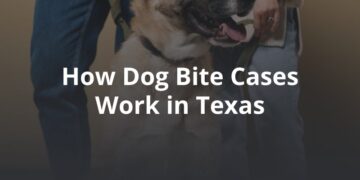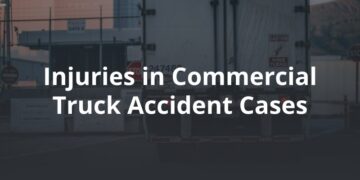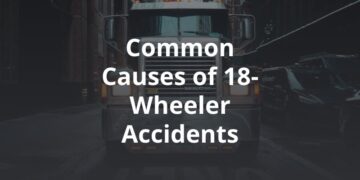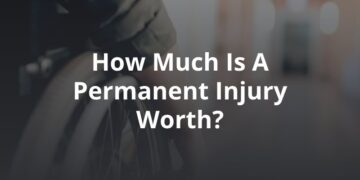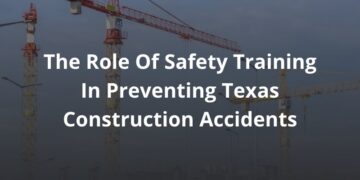Workers’ Compensation is an insurance program regulated by the state providing covered employees with medical benefits and income if they suffer a work-related illness or injury. Private employers in Texas choose to provide workers’ compensation insurance coverage to their employees, and in most cases, your employer must notify you if they provide workers’ compensation coverage.If your employer carries workers’ compensation insurance that is approved by the state, then they are immune from lawsuits for injured employees. An injured worker must work in the workers’ compensation system to recover damages.
If you suffer a work-related illness or injury, and your employer does not carry workers’ compensation insurance, what can be done? If your personal injury was caused by a negligent third-party, meaning someone other than your employer, Texas law allows claims for damages against the negligent party. For example, if you are driving to a job-site in a company vehicle and you are hit by a negligent driver, you can pursue a claim and possibly file a lawsuit against the negligent driver. Texas law also permits lawsuits if you are injured by a defective machine, tool, automobile, or other product. If the machine you are using at a job-site malfunctions, and you’re injured as a result, it’s possible to recover from the manufacturer or seller of the product.
If your employer is responsible for your injury, and chose to purchase no workers’ compensation insurance, the employer is exposed to legal action. This type of situation is known as a “non-subscriber case.” The Texas Labor Code permits you to sue your employer for damages in a “non-subscriber” situation, and allows wrongful death suits in the event of a fatality. Texas law is structured in a way that punishes employers who do not provide workers’ compensation insurance. For example, an employer can be fully responsible for damages from an injury, even if the injured employee is partially at-fault for the injury. If the employer is even slightly negligent, they could be found to be entirely negligent, if they chose not to carry workers’ compensation insurance. If your injury is the fault of a negligent co-worker, the employer is still on the hook for damage if they are a “non-subscriber.” Recoverable damages include past and future lost wages, medical expenses, past and future impairment, mental anguish, and physical and emotional losses.
Your employer can carry workers’ compensation insurance that is not purchased from a state-approved provider. If this is the case, the employer does not enjoy the same protections from lawsuits that a state-approved policy offers. Around one-third of all Texas employers carry no workers’ compensation insurance or have “unofficial” insurance that is not state-approved. This “unofficial” workers’ compensation insurance does not provide immunity, and injured workers can seek full damages in a lawsuit if the plan benefits are inadequate. If you can prove your employer is even slightly negligent, then the employer could be held responsible for paying all damages associated with your injury.
If you have questions regarding workers’ compensation in Texas or an injury you received on the job, contact FVF today for a free consultation.
References
